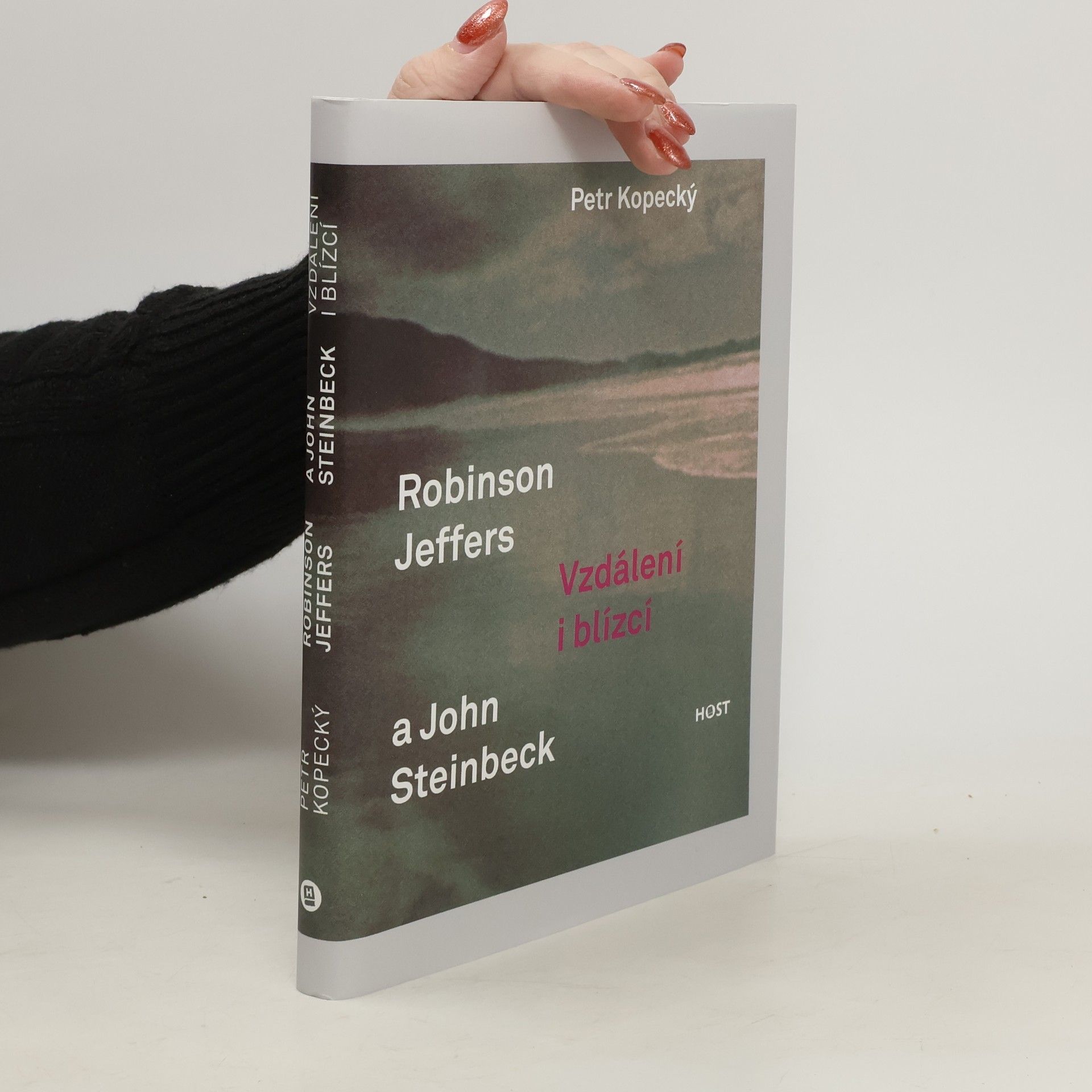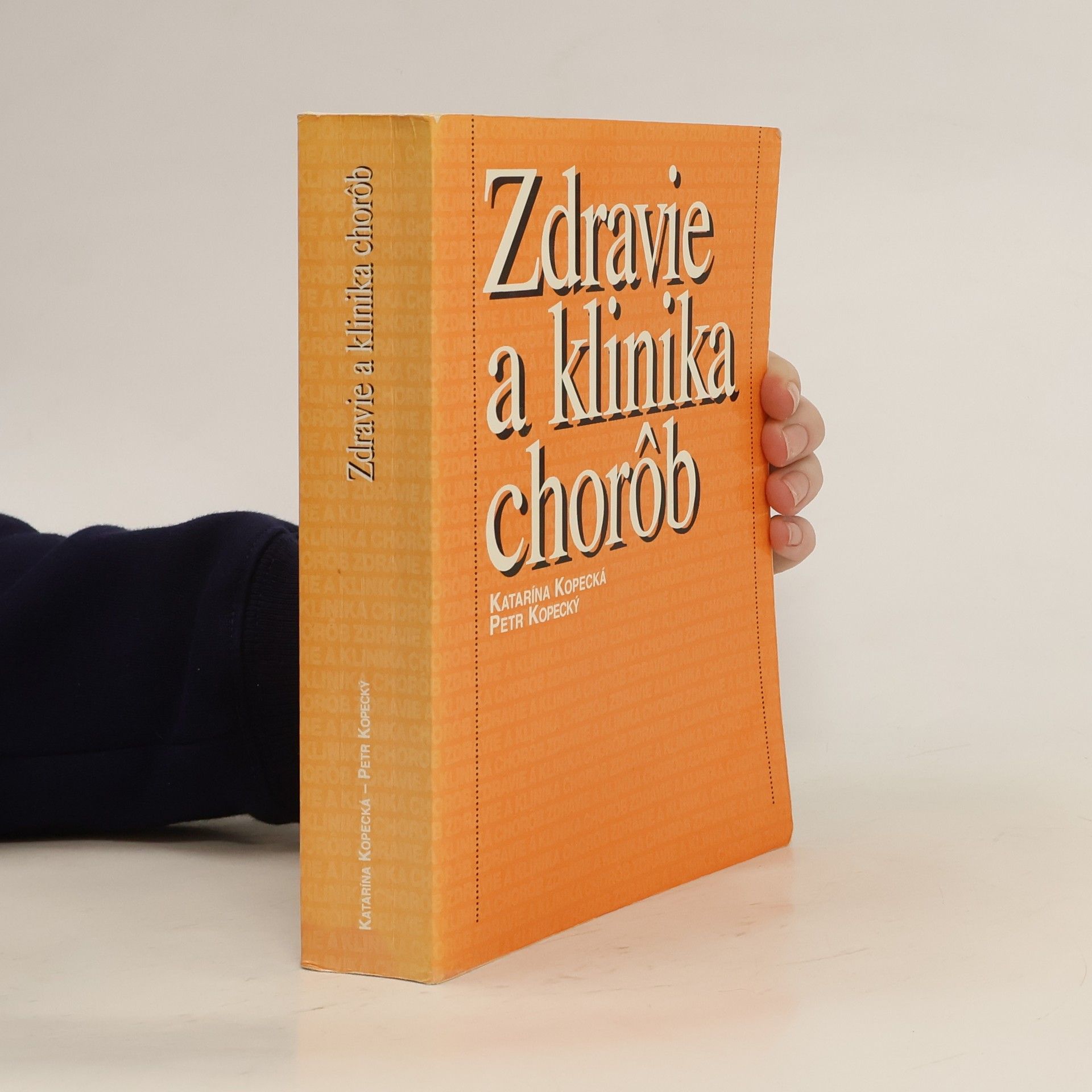Kniha je je vtipnou a svým konceptem i zcela originální prvotinou Petra Kopeckého. Je určena především milovníkům krásných žen, dobrého pití, mnoha tváří sexu i laskavého humoru.
Petr Kopecký Boeken




Happend naar lucht
- 218bladzijden
- 8 uur lezen
Insurance salesman George "Fatty" Bowling lives with his humorless wife and two irritating children in a dull house in West Bletchley, a suburb of London, in 1938. As doomsayers predict war by 1941, George wins a bet on an unlikely horse, giving him a bit of extra cash. Faced with choices, he contemplates spending it on a weekend with a woman or on trivial items like cigars and whiskey. A chance encounter with a poster in Charing Cross sparks a journey into his memories, particularly of his boyhood in Lower Binfield, a country village where he grew up. His recollections are vivid, painting a nearly lost world untouched by the fear and aftermath of war. He reflects on the stillness and innocence of 1913, a time when life felt unhurried and free from fear—a feeling that many may have experienced or will never know. However, George discovers that even Lower Binfield is not immune to the looming threat of war. Readers familiar with Orwell's work will recognize his emphasis on the importance of individuality, memory, history, and language. In Fatty Bowling, they will find a warm, witty character—an Everyman in a rapidly changing world that risks losing its ability to think and remember.
Robinson Jeffers a John Steinbeck. Vzdálení i blízcí
- 228bladzijden
- 8 uur lezen
Robinson Jeffers a John Steinbeck kdysi představovali zvučná jména české překladové literatury, z nichž k dnešku doléhají jen ozvuky. Před půl stoletím se tito kalifornští autoři těšili nebývalé přízni české čtenářské i kritické obce. Přesto se v Československu, potažmo v České republice, nedostalo jejich tvorbě hlubší reflexe. Většina z kritických textů navíc vznikla před rokem 1989, a proto zahrnují i nutnou ideologickou úlitbu cenzorům. Nemohou tedy zcela otevřeně pojednávat o všech aspektech příslušných děl. Tato kniha představuje první ucelenou tematickou studii díla Robinsona Jefferse a Johna Steinbecka napsanou v českém jazyce. Přináší především hodnocení literárních textů obou autorů z hlediska ekologické literární kritiky (tzv. ekokritiky), literárněkritického směru, který má zejména v anglosaském akademickém světě mnoho příznivců. V českém prostředí se však doposud neetabloval a neexistuje zde ani žádná systematická studie uplatňující ekokritický pohled na literaturu. V závěrečném oddílu knihy je pak pozornost věnována ideologické dimenzi recepce díla obou autorů v komunistickém Československu.